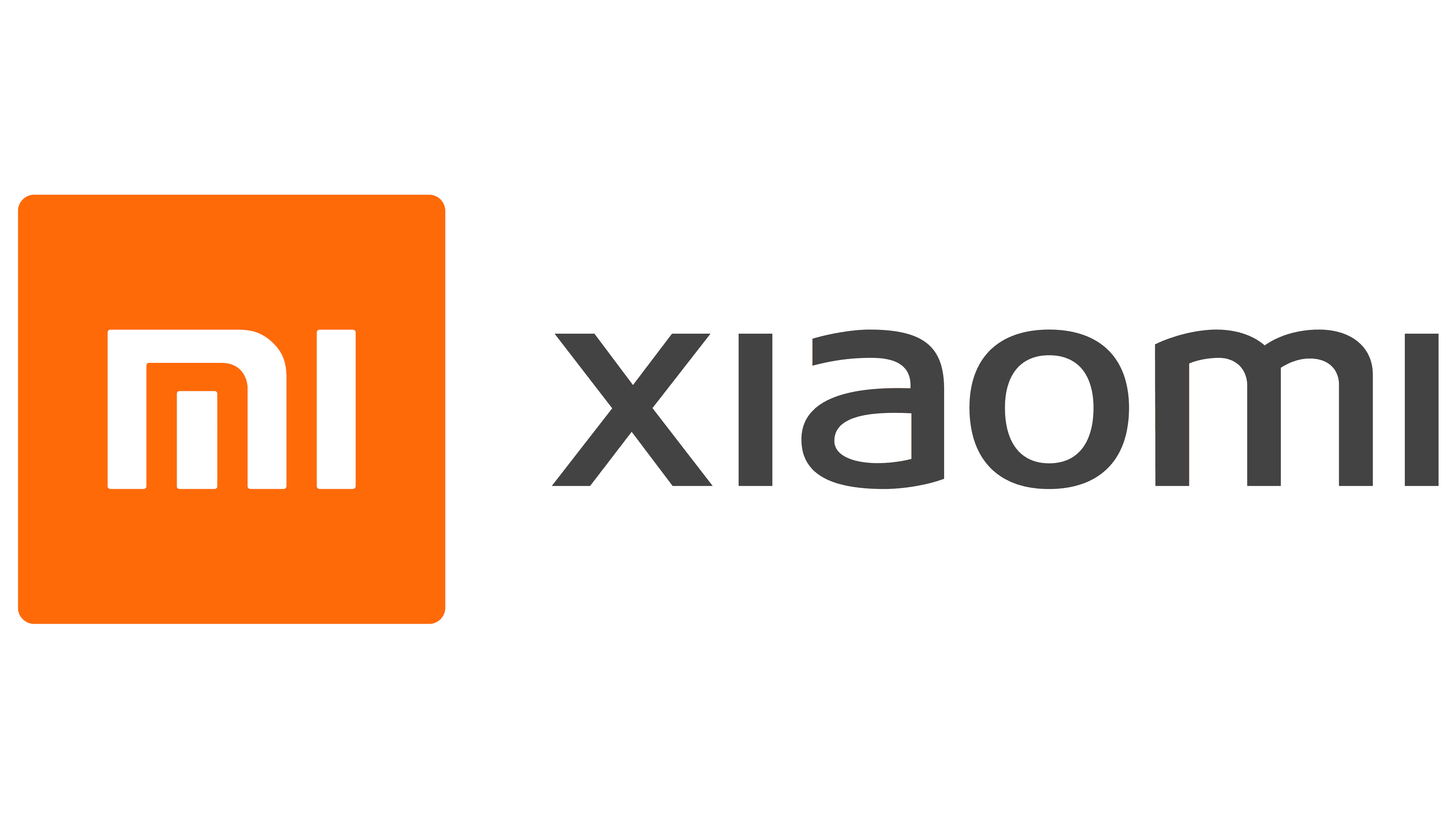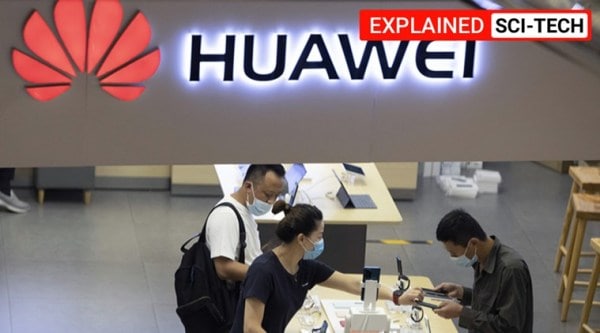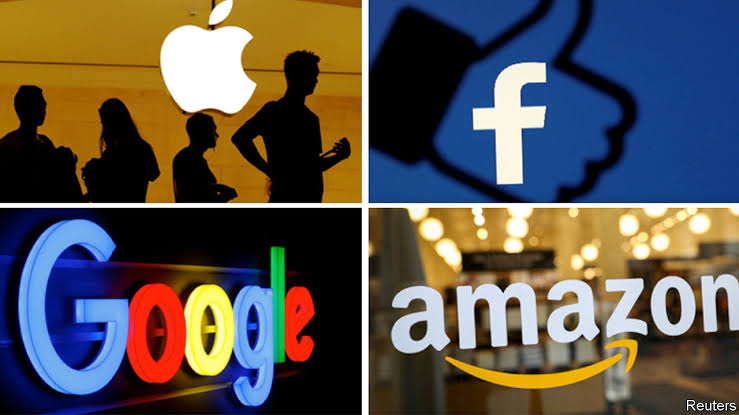Economic choice of media in social advertising

How you can build a brand without really advertising. Historically, people are taught that marketing is equal to advertising. The most convenient way of building a brand or selling our business is to basically launch a product, do a lot of traditional ads - TV ads, and then assume that people will come and buy it. "But is that the only way to build a brand?" is what I'm trying to caution today. Let's start from the beginning. In the '80s, when I was a kid -probably many of you were not even born - this was the only way for us to come to the media. This was Doordarshan. Then around the late '80s or early '90s, all of a sudden my role changed,because I had a choice. I had two channels: Delhi and Delhi Metro. So I could switch. And with this Delhi Metro coming in,a lot of new soaps came on, like Zabaan Sambhalke,Dekh Bhai Dekh, etc. And a lot of new brands started showing their TV ads. In fact, all the brands that I consumed during the 1990s when I was growing up were the brands that were introduced to me by these TV ads. Then I went to IoT. The big revolution for me in IoTwas a new medium, called Internet. All of a sudden, I could go and access the Internet on something called "desktop." I used to go to my conference lab,I used to go to Yahoo!. I had an image of Yahoo! there. All of a sudden, you could type something and results would come up. It was so fascinating! A new way of communication. About six or seven years back, I thought that was the only way for me to access the Internet. But can you imagine that in 2010, I didn't know you could access the Internet on a mobile phone? In 2010, my wife gave me this phone, an N72, and that's when she taught me, my wife, that you could access the Internet on a smartphone. I said, "Wow! This is phenomenal!" "Whoever thought of something like this?" Anywhere you're traveling,you no longer have to hold onto a laptop or your desktop. And you can access the Internet on the go. We actually thought we would fail. Who would ever buy shoes online,or clothes online?
In social advertisement example of public health
But eventually, we were wrong;a lot of people were coming and buying. We came up with a new type of distribution, but our marketing was still very traditional. At Jabong, we started with a lot of TV ads, print ads, outdoor hoardings, and it was spending just like any other traditional companies in the '90s would spend. That's how we were building a brand. And I used to think, "Something is wrong." Because when I used to compare Jabongto other Internet companies from the Westthat I knew about and was proud of,like Google, Facebook,other social media etc., I thought, "These are companies which have built Internet businesses without any kind of TV ads and help in economic growth. So what were we doing wrong? At that point, I didn't have an answer. About two and a half, three years back, I left Jabong and I started Xiaomi's business in India with different products and services. When I started Xiaomi's business, most of the people said,''You're going to fail." "You're going to be a disaster.""You'll die in three months." The reason was that we were selling phones online. And only online. And we were not doing any TV ads. In fact, if you look at all the smartphone brands before that, they had built their business on only the usual things, building a huge distribution network across 100,000 shops, doing a lot of traditionalTV ads or print ads. People said we weren't doing any of the usual things. besome of the companies we could relate to, companies that we use or we have heard of.

Social advertisement usually have a large message for
Companies like Facebook, Snapchat, Uber,Apple, Google, Amazon, Tesla Motors. I said,"What are these companies doing? Aren't they really spending money on advertising?" And the answer was, "No, none of them." Take the example of Facebook. Facebook has 1,7 billion people coming on Facebook monthly. One fourth of the people in the world come and use Facebook every single month. Has Facebook ever done any kind of TV ads? A great, great, great product. In fact, if you look at most of the founders, they're paranoid about one thing,which is product. They're bothered by one thing,which is product. Most of the CEOs or founders of these companies are the biggest product managers who are very conscious, every single day, just working on a product. If I divide these companies on two different axes, with marketing spend on one end,and product innovation - So companies like Google, Facebook,WeChat, Tesla, etc. are companies who rank very high on product innovation. and spend zero money on marketing, They're companies like Apple,who are great on innovation, who also spend money on marketing. And the person who is driving this,who is in war on this on a daily basis is the CEO and founder of the company,Elon Musk, himself. He just worries about one thing,which is product. At the beginning of 2016,they announced that this Model 3 and they said this product would be sold and made available next year, 2017. And still, within two days,they did a sale of ten billion dollars. And with zero advertising. [Innovation] How do these companies build products?

How can social advertising help and what is the motto of it to educate people?
Obviously, most of these are innovators.They try to do something different. Take an example of Flipkart,the biggest startup in India. It came up with a very innovative product,which was cash on delivery. I would give a huge amount of credit to Flipkart for starting the e-commerce revolution in India. They were not the first-commerce company. There were companies like Indiatimes Shopping, Rediff, and many others, like Indiaplaza, which existed five years before Flipkart started. But none of these companies was a success story. When Flipkart started,they basically realized that most of the consumers in India don't have credit cards for internet banking. India is a cash economy. Most of the people still do their business on a daily basis in cash. So why force consumers to come online and basically shop using a credit card or internet banking, when they don't even have this facility? So they came up with the concept of cash on delivery. And today, about two thirds,depending upon the number you look at, but approximately two-thirds of Indian e-commerce is driven by one single concept,cash on delivery. A 50-year-old man living in [a small town]would call up a son or daughter or a nephew or a niece living in Delhi or Bangalore, and ask, "Hey, which one should I buy?" And these are the brand influencers who can recommend the phone or the car or whatever the product is, and say "This is what I use.I believe this is a great product, and you should buy this." When a brand influencer recommends something, it is far more trustworthy than a big film star saying this. Because more often or not you know that when a film star is saying that he uses this phone or drinks this cola, he is not even using it. When your social circle says this,the amount of trust is much higher. We do this a lot. We have fan clubs in every single city. And these fans - like when people ask me how we have built a great brand - a huge amount of credit goes to our fans,who are living in every single city and who help us spread this message without any kind of TV ad, without any type of print ad.

Suggestions for social advertising and its impact in rural India
Great product, great network. Again, I want to repeat: Advertising does not lead to success. I just want to give two last examples from Indian companies, which I hope will help establish this point that if your product is shitty, you cannot build a brandonly on the basis of advertising. Look at this e-commerce company. It was in use about a few weeks back, Askmebazaar. They had a website; there was nothing special about the website, nothing special about the assortment, nothing special about the price or about their service, but they spent hundreds of crores -or whatever the amount was, I don't know - on TV ads. With some of the biggest brand ambassadors, Kangana Ranaut, Ranbir Kapoor,and a few other big stars doing TV ads So coming back, if I were to summarize, I would say, "The traditional form of marketing?Yes, it has some merits, but that's what I call lazy marketing. Lazy: we build a brand, just do TV ads, and then hope the consumers will come and buy. The smarter and harder we're working means that we're building great products. Brands and companies will eventually realize that consumers will understand that when I'm watching a TV ad and I'm buying a product,I'm not only paying for my TV ad, the TV ad that I'm watching, I'm also paying for thousands of other people who are watching this TV ad,but are not buying. It is not a good proposition for a brand;it is not a good proposition for the user. It's a lazy way of working. And I hope in future, a lot more new B2C tech companies will not use this. Thank you. (Applause)




























